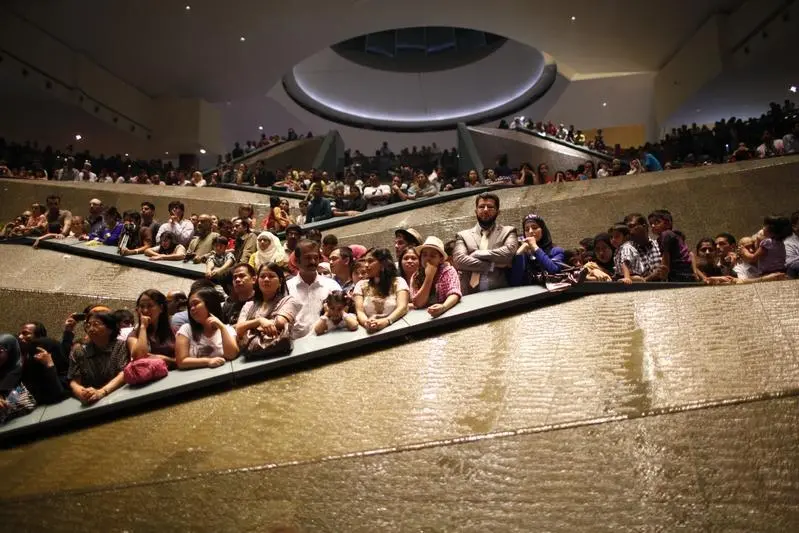PHOTO
Wednesday, Aug 24, 2016
Dubai: Consumers in the UAE are expected to refrain from splurging during Eid Al Adha, after having increased their spending on new clothes and gifts during Ramadan and Eid Al Fitr period, according to retail analysts.
Eid Al Adha, which is likely to start on September 11, with the holiday period running for up to five days, is a time when retailers roll out discounts and malls feature attractions such as musical performances and cultural exhibitions, to draw in consumers.
Rabia Yasmeen, research analyst at global consultancy Euromonitor International, anticipates retail sales during Eid to grow at a lower rate compared to Ramadan and Eid Al Adha last year. Consumers are likely to cut down on spending after increasing their budget during Ramadan and Eid Al Fitr, which fell on July 6, around the same time as Dubai Summer Surprises, a shopping festival which kicked off July 9.
Consumers are expected to spend mainly on food and entertainment during the holiday, rather than apparel, she said.
“While Eid is a period of greater expenditure by the consumers for both food and non-food items, the outlook for the retail sector seems stable during the Eid Al Adha. The stable outlook follows as most consumers were engaged in greater shopping activity during the Ramadan this year and the need for new purchase during Eid Al Adha remains lower,” she said.
Retailers, meanwhile, seem upbeat about sales during the Eid Al Adha holidays. Vipen Sethi, director of Landmark Group, which manages the Centrepoint, Babyshop and Home Centre stores, said he expects the company to “witness a healthy growth [in retail sales during Eid] due to the season being combined with ‘Back to School’.”
Colin Beaton, managing director of retail consultancy Limelight Creative Services, anticipates retail sales to be similar to last year.
“Our view is that the retail sector has stabilised after several quarters of declining sales and the current level of retail activity will be maintained. Higher oil prices and continued strength in non-oil sectors such as tourism, transportation and manufacturing has improved consumer confidence and restored faith in the local economy,” he said.
Consumer confidence was down in the first half of this year mainly due to the drop in oil prices and concerns over the global economy.
“During the first half of this year, the UAE’s retail sector was slower in the first quarter of the year, while growth picked up during the second quarter as influenced by timed purchases in Ramadan, Eid and summer holidays, which led to growth of luxury, apparel, home furnishing and grocery items,” Yasmeen said.
Retailers are also likely to launch less aggressive marketing campaigns during Eid compared to Ramadan, she said. However, Limelight’s Beaton disagrees.
“We expect the strategies and tactics of retailers to remain in place: aggressive discounting and promotions to drive footfall and sales although at the expense of reduced margins. Similarly, the malls will also continue to implement marketing formulas such as spend and win, entertainment, thematic displays and attractions and heavy media spend on advertising,” he said.
By Sarah Algethami Staff Reporter
Gulf News 2016. All rights reserved.





















